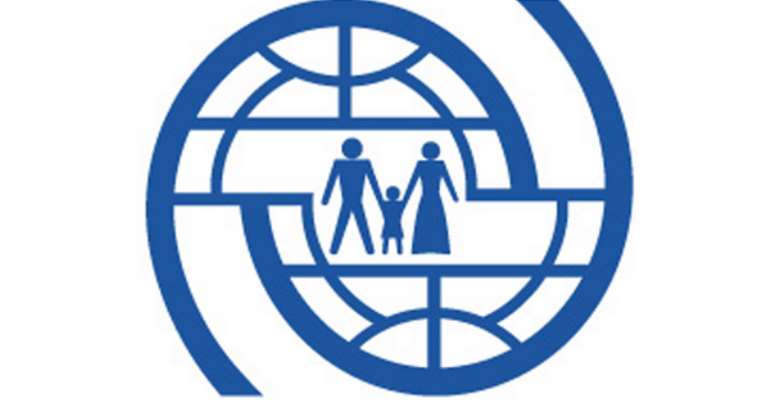World Must Vigorously Pursue Criminal Gangs Who Doomed Hundreds of Migrants in the Mediterranean

GENEVA, Switzerland, September 19, 2014/African Press Organization (APO)/ -- News of up to 500 seaborne migrants being tossed to their doom near Malta — deliberately, according to eyewitness accounts — is merely the latest chapter in a horrible story unfolding on Europe's doorstep.
Criminality, on top of desperation, has been this summer's recipe for death — even murder, according to eyewitness accounts.
This also is a tale of impunity. As lawlessness spreads across lands already beset by civil war, disease and economic hardship, criminal organizations rush in to fill an authority vacuum left by weak governments. Libya may be the most prominent example of what happens next: criminals ply a vicious trade to prey upon vulnerable migrants.
Consider the grisly details emerging from Italy, Greece and Malta. Survivors interviewed this week by investigators of the International Organization for Migration describe smugglers charging up to $4000 apiece to board an overcrowded, creaky boat leaving Egypt, and then forcing them to switch boats in mid-sea numerous times.
According to the survivors, up to 300 migrants — perhaps as many as 100 of them children under age 10 — were stuffed into one of these crafts' lower decks, while 200 more crowded a top deck exposed to a brutal summer sun.
On the fifth day of the journey witnesses say smugglers shadowed their vessel from what has been described as a tugboat. They came alongside the migrants' craft and demanded they switch yet again to a smaller, less sea-worthy vessel. After the skipper of the migrants' craft, an Egyptian, balked he was threatened that his family would be killed unless he complied. Chaos soon ensued.
Migrants began jumping to the smugglers' boat only to be forced into the water, witnesses told IOM's investigators. Survivors say that was when the smugglers' boat rammed their vessel.
“After they hit our boat they waited to be sure that it had sunk completely before leaving. They were laughing,” one survivor told IOM. A week later, only 11 survivors have been found.
The rest join a growing list. IOM's Missing Migrants Project, an effort to count everyone killed annually during “irregular” journeys, calculates that already in 2014 over 2,200 migrants have died attempting to reach Europe via the Mediterranean Sea. That's three times 2013's total.
In the coming weeks IOM now expects the death toll to pass 3,000 — with a quarter of the year remaining.
How can this be avoided? First, by forging policies to enable refugees' legal, safe migration to Europe. There, many victims of the recent Mediterranean tragedies reportedly had family members waiting to receive them.
Second, nations must join forces to vigorously prosecute offenders — an effort international law already provides tools for.
Egypt, Libya, Italy and Malta are all state parties to the United Nations Convention against Transnational Organized Crime, as well its 2000 “Palermo Protocols,” which address smuggling of migrants by sea and the trafficking in persons, especially women and children.
These international instruments provide for prosecution by many authorities: not only States of the flagship vessels may prosecute, but also States of nationality of the perpetrators and their victims. Equally empowered as prosecutors are States where criminals conspire to commit their crimes — Italy, say, or Greece, if that's where smugglers plot to drop their victims.
A principle of universal jurisdiction applies, too.
In view of the atrocious nature of the crimes, which are so grave they harm the entire international community, prosecutors have a duty to ensure no safe havens be available for those who commit them.
In international rhetoric, politicians typically show little sympathy for smuggled migrants — who they see as economic opportunists, even willing participants in their own fate. Of course by definition, migrant smuggling involves one person helping another to travel without authorization in return for payment.
Moreover, all countries have a right to control their borders. But the fact that someone has sought to evade migration controls shouldn't put them outside the protection of law — especially if they're being subjected to criminal coercion.
Today the overlap between smuggling and trafficking can't be ignored. While we don't yet know exactly what happened to those migrants found dead off Italy and Malta, evidence indicates that their deaths involved deception, extortion and extreme violence.
